London is the ultimate global marketplace. Despite a number of political headwinds last year, the London real estate office investment market roared back to strength with a 33% increase (to around £17bn) in transaction volumes.
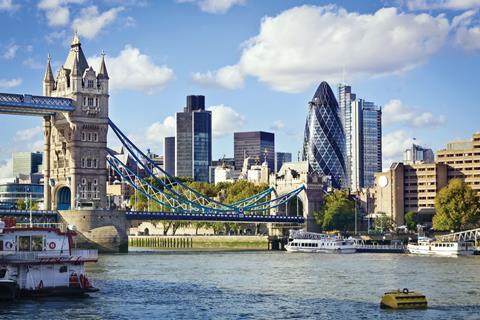
New market entrants, favourable global pricing and a rotation towards risk will drive investor appetite in 2018, with Greater China once again dominating.
According to our central London research published this week, strong demand from investors across the globe meant London regained its crown as the world’s most active real estate investment market in 2017. London attracted more overseas capital than any other global city – almost three times more than second-place New York, where transactions fell 36%, and more than Paris, Frankfurt, Berlin and Amsterdam combined. London’s appeal – liquidity, transparency, high-quality stock in large lot sizes and landlord-friendly leases – is clearly undiminished.
Ultimate marketplace
Knight Frank’s global transactions data shows that London remains the ultimate marketplace for global investors in terms of both the volume and the percentage of cross-border deals. Eighty-three per cent of all transactions were from overseas investors, totalling in excess of £14bn.
London offices attracted capital from more than 15 nationalities, but the key buyer group was Greater China, at over 40% of the total. In fact, at £7.2bn, London ‘exported’ more commercial real estate to China than it did cars, the equivalent of half of total exports to that region. Capital restrictions remain a risk to this flow and have certainly curtailed mainland Chinese activity, but it has not slowed the investment from Hong Kong.
Great wall of China money
There is no sign of investment demand for London letting up. While Brexit will cause periods of uncertainty, global buyers of London real estate will continue to transact. Knight Frank’s Global Capital Tracker is currently monitoring £46.1bn of active capital looking to invest in London this year – up 11% from the £41.5bn we recorded at the same point last year. This money remains dominated by requirements from Greater China, specifically Hong Kong, but also shows a sharp increase in interest from Japan, South Korea and Singapore.

At Knight Frank, we are also tracking extensive ‘latent’ demand that is sitting on the sidelines waiting for any signs of weakness in the market including from German funds, the Middle East and domestically. This will insulate the market against any potential material price falls and over the course of 2018 will have to come forward as they come under increasing pressure to deploy the money.
First-time buyers
Private buyers have dominated the market recently, as institutions have been unable to compete with the cost of capital. Importantly, a large proportion of deals last year came from first-time buyers, who accounted for a third of the transactions over £100m. London remains the gateway destination for investors who are looking outside their domestic economy for the first time, with market transparency, liquidity, language, law, advisers and currency all providing comfort for those on a new journey.
Favourable global pricing
A key driver for continued global demand for London offices is the attractive relative pricing on offer across the capital. London assets remain good value on a global basis with prime yields running at 4.25% for City of London offices and 3.5% for the West End. This remains ahead of not only the major Asian markets, such as Hong Kong at 2.6% and Tokyo at 3.2%, but also most of the key European markets; Paris is now 3% and Berlin 3.1%.
Rotation towards risk
The strong demand and record pricing paid last year drove a number of owners to consider asset sales and the available stock of opportunities rose considerably in the latter part of the year, particularly in the City market. This period of high sales activity is now subsiding and assets will be brought to the market in a more restrained fashion during 2018.
This market stability will allow investors to continue to take profits and recycle capital and an increasing number of sellers will look to rotate from relatively dry, prime stock into more opportunistic assets given the growing consensus view of stabilising rents and a more constrained development pipeline.
Bright future
Global investors have shown they are willing to dial out the short-term noise in order to buy into the solid fundamentals and relative value available from London real estate and this will continue.
Indeed, as the outcome of Brexit becomes clearer, improving confidence in the underlying occupier markets will support pricing for both prime and, increasingly, more opportunistic assets.





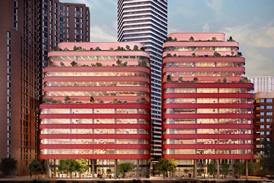
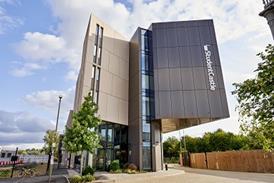
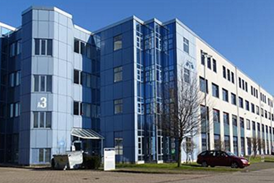
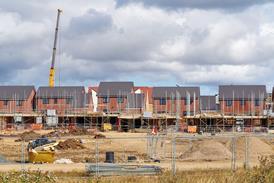
















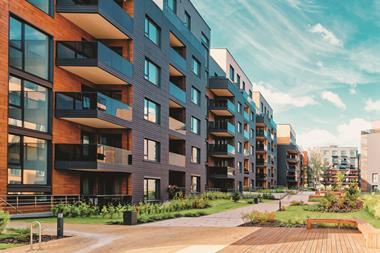
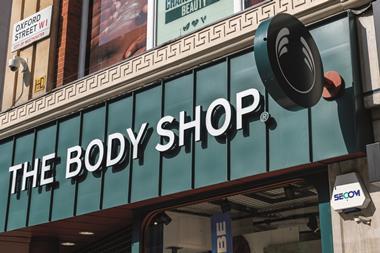
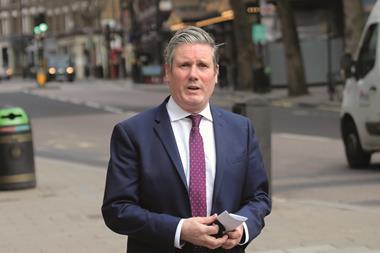
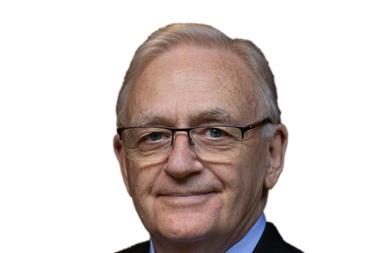

No comments yet